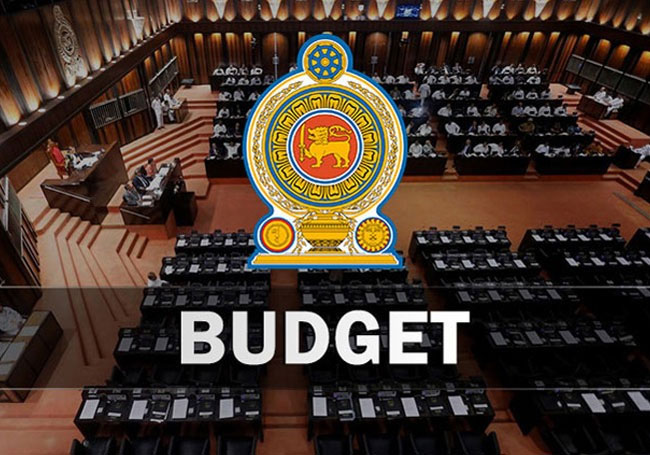.The 2025 Budget, presented by President and Finance Minister Anura Kumara Dissanayake on February 17, has faced widespread criticism from trade unions and industry representatives. Public sector employees, health workers, private sector employees, transport operators, and consumers have expressed dissatisfaction, arguing that key concerns have been overlooked.
However, the Ceylon Chamber of Commerce has praised the budget for maintaining policy stability by keeping the existing tax framework and avoiding sudden tax hikes.
The Chamber acknowledged that several budget proposals align with its recommendations, discussions from the Sri Lanka Economic Summit, and the Vision 2030 goals.
It also commended the focus on governance, public relief, anti-corruption measures, and inclusive economic growth.
A significant aspect of the budget is the emphasis on infrastructure development through Public-Private Partnerships (PPPs) and the expansion of the digital economy.
The Chamber welcomed reforms such as modernizing the Customs Ordinance and implementing the National Single Window to facilitate trade.
Additionally, the proposed Economic Transformation Act and new legislation on PPPs were recognized as positive steps.
Ensuring the timely implementation of these reforms is expected to attract private sector investment in key areas such as ports, tourism, and infrastructure.
The Chamber also supported the decision to uphold the Public Financial Management Act, which caps primary government expenditure at 13% of GDP.
This measure is expected to boost investor confidence and strengthen Sri Lanka’s global credit rating. Additionally, tax stability and simplified compliance processes were highlighted as crucial for fostering a more competitive business environment.
The Chamber stressed the importance of concrete action plans, particularly for long-standing projects like the National Single Window, which has been awaited by the private sector for over two decades.
Another notable reform is the establishment of a holding company for state-owned enterprises (SOEs), aligning with international best practices to improve governance, financial discipline, and operational efficiency.
Despite these commendations, several trade unions have strongly opposed the budget. Priyantha Fernando, President of the Ceylon Teachers’ Union (CTU), accused the government of misleading the public by restructuring existing allowances rather than granting genuine salary increases.
He insisted that, given the rising cost of living, a Rs. 21,500 increase in the Cost of Living (CoL) allowance was necessary by December 2024. He also warned of potential trade union action if demands were not met.
Ceylon Teachers’ Union (CTU) Secretary Joseph Stalin criticized the government for ignoring teachers’ salary issues in the recent budget. He noted that while public sector employees demanded a Rs. 20,000 raise, teachers sought the remaining two-thirds of salary adjustments per the Subodhini Committee report.
However, the budget plans salary hikes only for three years, with no allocations for 2026-2027. With a Rs. 7,500 allowance cut, actual increments will be significantly lower than expected
Ravi Kumudesh, President of the College of Medical Laboratory Scientists, criticized the budget for negatively impacting health sector employees. He highlighted reduced take-home pay, overtime allowances, and longer career progression timelines—previously set at 12 years but now extended to 40.
He warned that selective treatment of different public sector groups could lead to unrest among workers, especially those who had previously supported the government.
Pradeep Basnayake, National Convenor of the Sri Lanka Government Officers’ Trade Union Association, expressed disappointment over the minimal salary increase for public servants. Instead of the requested Rs. 25,000 raise, the budget offers an increment of just Rs. 3,500 spread over three years. Additionally, pension benefits primarily favor employees who joined before 2016.
Anton Marcus, General Secretary of the Free Trade Zones and General Services Employees Union, criticized the budget’s failure to address the ongoing economic crisis, foreign exchange issues, and debt repayment.
He noted that while the minimum wage was raised to Rs. 27,000, this increase has little practical impact as most private sector workers already earn higher salaries.
Marcus warned that stagnant wages could drive more workers to seek employment abroad. Discussions with private sector unions are underway to address these concerns
